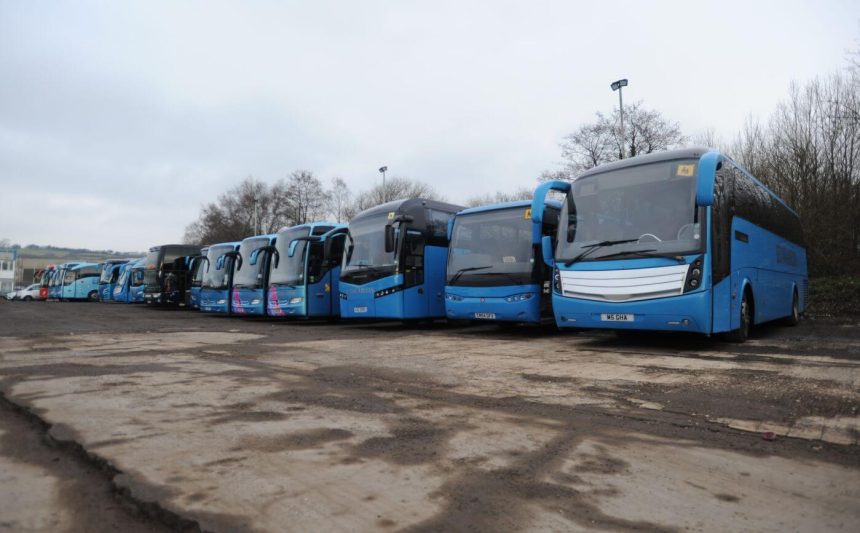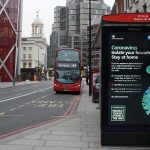To succeed commercially and ably serve the community, coach operators need to be masters in preparation, says Edwards Coaches Commercial Manager Simon Ingham
Being prepared is important in life. In the coach and bus industry, it is not just essential; it is critical.
Members of the public rely on us to be at the right place, at the right time, but not early. In principle, easy. In reality, there’s much more to it.
There’s the recruitment of the driver and associated training. There’s the preparation of the vehicle, ensuring it is fit for service, and clean and presentable. There’s the allocation of the driver, ensuring they can get from A to B within legal driving time limits.
This is without the added complexity of driver changes and any feeders required. There’s the task of ensuring the driver knows what is required of them for the private hire, and that they are familiar and comfortable with the route. There is a lot to put in place and get right even before the client or passenger sets sights on their vehicle.
However, as the saying goes: the best laid plans of mice and men gang aft agley. I’m sure plenty can relate to this.
How often do we have a plan B? Perhaps not as often as we’d like. For example, with the shortage of skilled labour, it’s not always possible to schedule a standby or relief driver.
Drivers that are “spare” have become something of a luxury in recent years, with coach operators struggling to cover work.
But generally, we always find ways to get the job covered and avoid cancellations, which are a last resort.
As we know, the proverbial happens. When that happens, it has the potential to go seriously wrong. When it rains, it pours, or so it feels.
In the commercial world, there needs to be not just a plan A, B or C but also a D, E and F
Sometimes we are dealt an unfortunate hand and need to act in an agile way to overcome the challenges.
A lack of a plan B, such as a replacement vehicle and/or a driver, can have a massive impact on clients or the travelling public.
Missed football matches, missed meetings, missed appointments, missed opportunities, etc, can result in reputational damage to businesses due to the disruption caused. Often, a sincere “sorry” or a refund just doesn’t cut it.
Contingency planning is intrinsic to PSV operations. In the commercial world, there needs to be not just a plan A, B or C but also a D, E and F to reduce the risk of failure.
An example is when it comes to the expiration of contracts. At Edwards Coaches, our local authority, like others, has been informed by safe-route-to-school assessments and has condoned extending the home-to-school walking distances for some secondary schools from two to three miles.
We find ourselves tendering for a work package but also preparing for the “what ifs”, if we are less fortunate than we hope.
We indeed have a plan B, C, D, E and F for when the outcome lands in efforts to preserve jobs and to continue to serve the communities that rely on a bus.
We’ve been preparing to be ahead of the game for a year, although other examples that I could have drawn upon have a 12-month plus planning duration — PSVAR preparedness for various work types and bus franchising, for example.
We hope to please parents, councillors, head teachers and the children with our well-mastered, circumstance-dependent solutions when the time comes.
The non-provision of free school transport to those who have formerly had it has shaken worlds.
We are sympathetic that it’s hard for parents to plan when they don’t have many other options, hence our desire to find a workable solution, continuing to serve our community as we have done for the past 100 years.
Fail to prepare, prepare to fail. We can’t leave things to chance in our industry. Imagine the mess that we would leave in our wake otherwise.
Collectively, we are experts in preparedness, considering all that we need to do to get wheels in motion to, in turn, generate a profit.
We wish to clarify that this column has a new contributor, having previously been supplied anonymously.



























